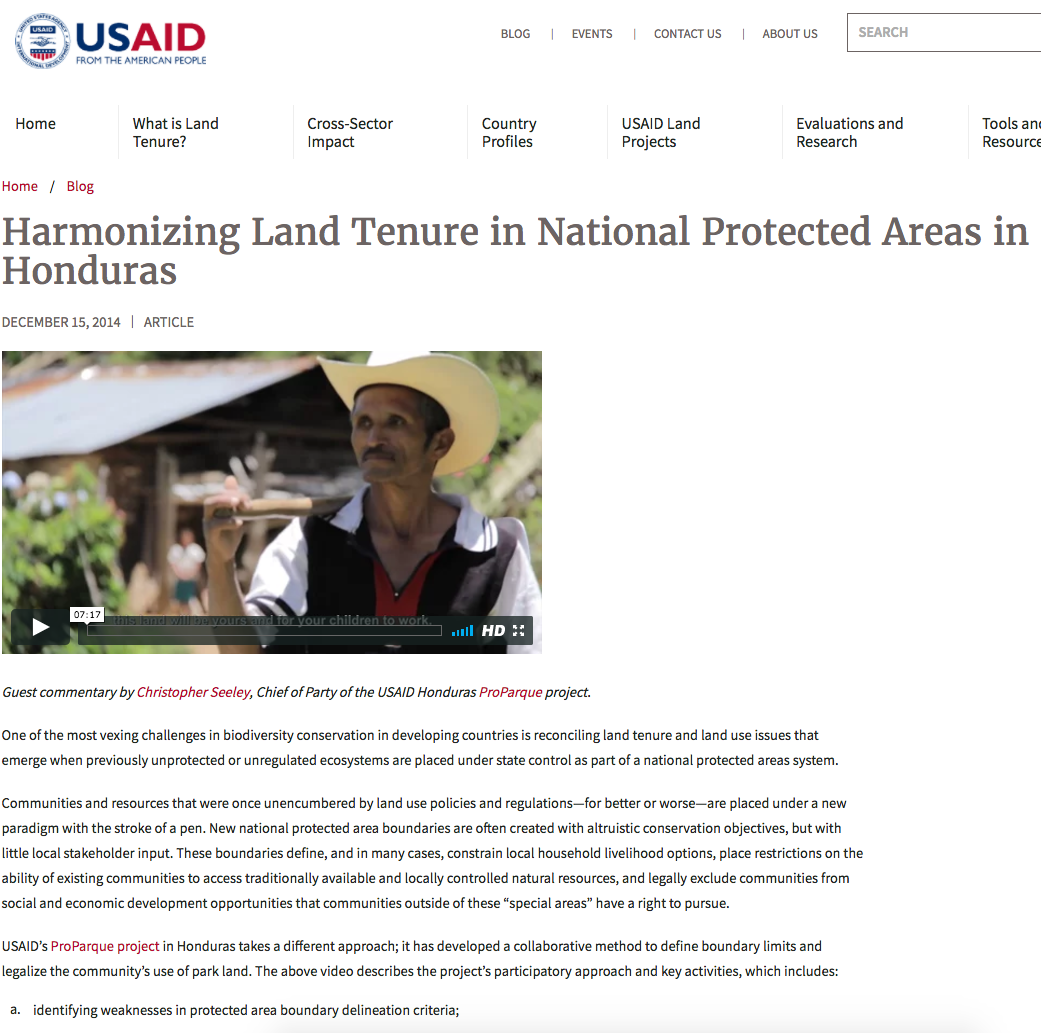Economic Growth Depends on Secure Land Tenure
Land tenure impacts investment, credit availability, poverty rates, land values, and agricultural productivity, which are all linked to economic performance. When land tenure and property rights are secure, individuals can make investments, secure credit, sell land, and make longer term decisions about agricultural practices. On the other hand, in developing countries that have a large informal sector, and in which land tenure is insecure, people lack opportunities to invest in or profit from land, and their transactions are not protected by the state.



